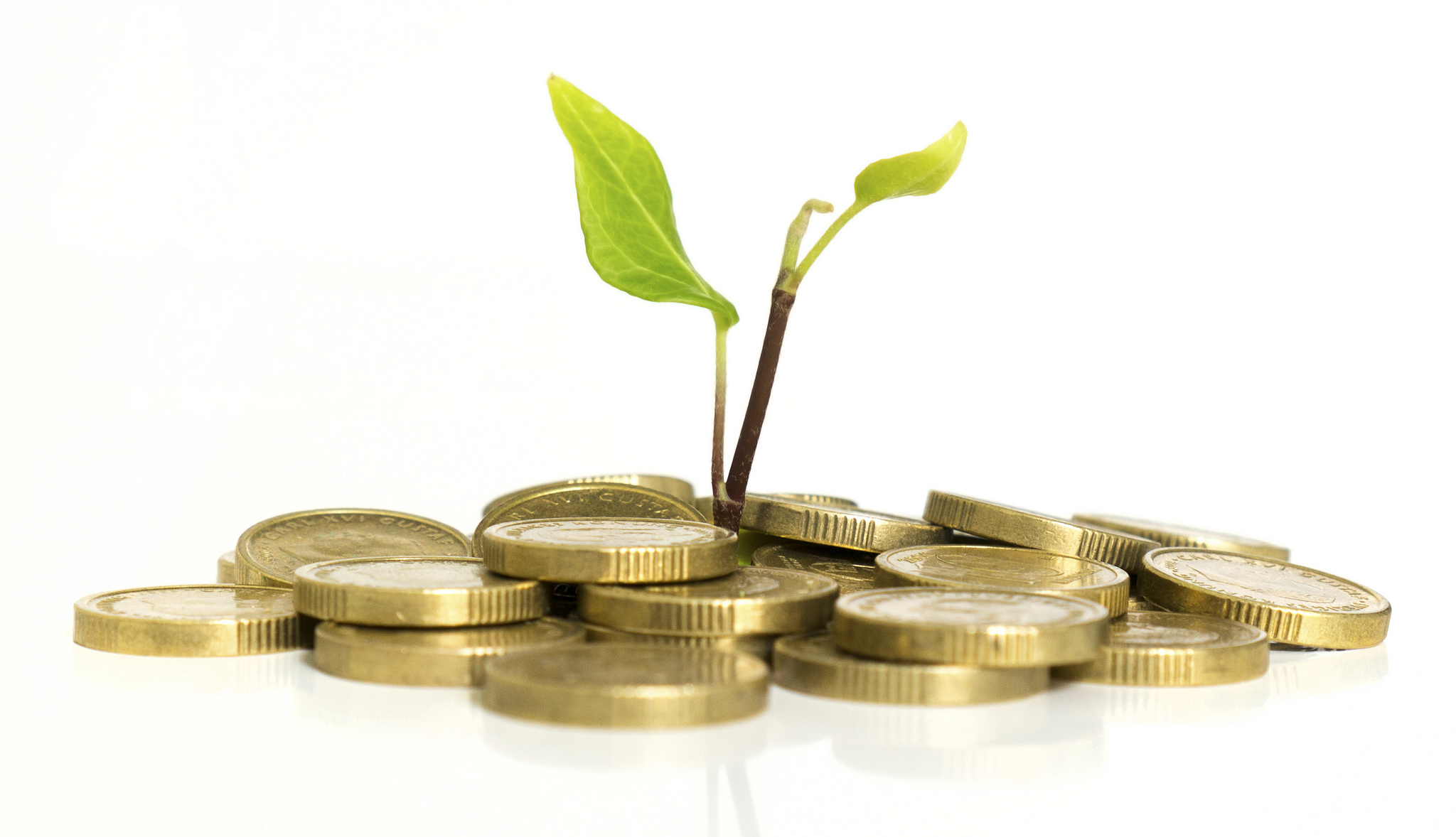Tax incentives
The government encourages investment in new businesses especially those run through companies. In 2016 it created a new tax relief for individuals who want to get involved. However, the tax break only caps the capital gains tax (CGT) at 10% – it doesn’t affect the tax you’ll pay on dividends.
Tax on investment income
Investing in another company can bring returns in the form of dividends as well as hopefully a growth in value. There are completely different tax regimes for dividends you receive compared with those your company receives. If you invest personally and are a higher rate taxpayer, you’ll pay 32.5% on dividends in excess of your annual dividend allowance of £2,000. However, if your company receives them it pays no tax at all.
Tip. Dividend income can remain sheltered tax free in your company indefinitely. The trick is to get the income out at a low tax rate. We’ll get to this shortly, but first we need to consider the tax on any growth in value of your investment.
Tax on capital growth
For most small and medium-sized companies any growth in value of the investment won’t be taxable until it’s sold. The tax position for personal ownership is similar, that is until you sell the investment there’s no tax to pay. However, your company might have an advantage.
Tip. If your company owns 10% or more of another company’s ordinary share capital, any gain made from selling the shares is exempt from tax as long as the investment was held for at least a year. This is called the substantial shareholdings exemption (SSE) ( yr.18, iss5, pg.6, see The next step ). Therefore, aim to buy a stake of at least 10% of the target company’s ordinary shares.
Realising your investment
By owning the shares through your company, you’ve sheltered dividends from higher rate tax and avoided tax on any of the growth in value. However, eventually you’ll want to realise your investment, which naturally will have tax consequences. If you’re prepared to keep the investment or the money received from selling it until you sell or transfer your company, you can match the tax break for investors’ relief.
Entrepreneurs’ relief
As you probably know, entrepreneurs’ relief (ER)also caps the CGT rate at 10%. Naturally there are conditions to ER, the main one being that your business must be a trading company. For this purpose its total investments, and income from them, must not exceed 20% of your company’s assets and income (see The next step ).
Where ER applies it will mean that the accumulated (and so far tax-free) dividends and gains your company has received from the investment can be extracted at a tax rate of 10%. This compares well to the 32.5% personal income tax rate.

